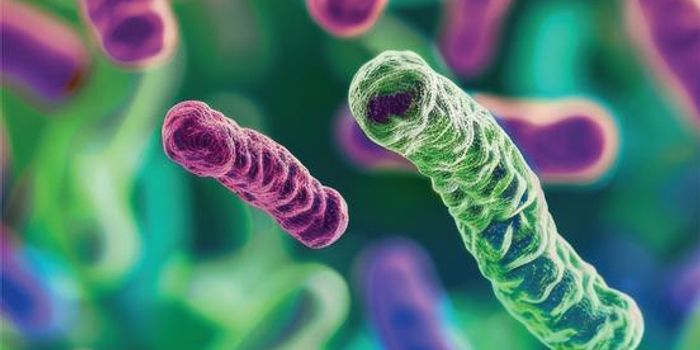In the world of microbes, organisms like viruses and bacteria get a lot of attention. But now, researchers are beginning to study other unicellular life forms, like archaea, and protists. Protists live in many environments that contain water and include organisms like algae; other protists dwell in soil. This group is a kind of catch-all assigned to any eukaryote that is not an animal, fungi, or plant. It includes slime molds, diatoms, and amoebas, and many others. Though a few have been studied in-depth, like malaria-causing Plasmodium, we know very little about most others and more are being discovered all the time.
Scientists are learning more about the dynamic relationship between protists that live in soil and plants. It seems that protists and plants have a symbiotic relationship like the one shared by plants and some bacteria, according to new findings in the journal Microbiome. Researchers are trying to learn more about how the soil microbiome is related to plant physiology and climate change.
"Protists represent a new frontier in the study of soil microbial ecology," said lead study author Javier A. Ceja Navarro, a research scientist at Lawrence Berkeley National Laboratory (Berkeley Lab). "Here we show that this group of organisms really must be included in microbial studies aiming to understand how microbes interact with plants."
Protists can feed on other microbes, and play a significant role in the dynamics of the soil microbiome, explained Navarro. But we don't know a lot about how they react to changes in the environment.
"Even though protists are important and their relevance has been known for decades, our study is the first one showing an association of protists with plants in a large-scale field experiment," noted project leader Mary Firestone, a faculty scientist in Berkeley Lab's Earth and Environmental Sciences Area and a professor at UC Berkeley.
In this work, the researchers grew switchgrass, which has potential as a source for biofuel, and sampled the soil near their roots at various growth stages. Next-generation sequencing revealed the protists that the samples contained.
"As plants grow, the cells in their roots release metabolites that send signals out to the surrounding soil environment," added Jennifer Pett-Ridge, a senior staff scientist from the Lawrence Livermore National Laboratory. "We saw that protists communities shift and change in response to the plant's effects - in a manner that is similar to what we've observed for bacterial communities."
"Future studies focusing on understanding the mechanisms of plant establishment in soil will need to consider protists as a key part of the plant microbiome. Ignoring protists in terrestrial ecological studies will result in a big knowledge gap that will make our understanding of the environmental microbiome incomplete," cautioned Navarro.
Sources: AAAS/Eurekalert! via DOE/Lawrence Berkeley National Laboratory, Microbiome









